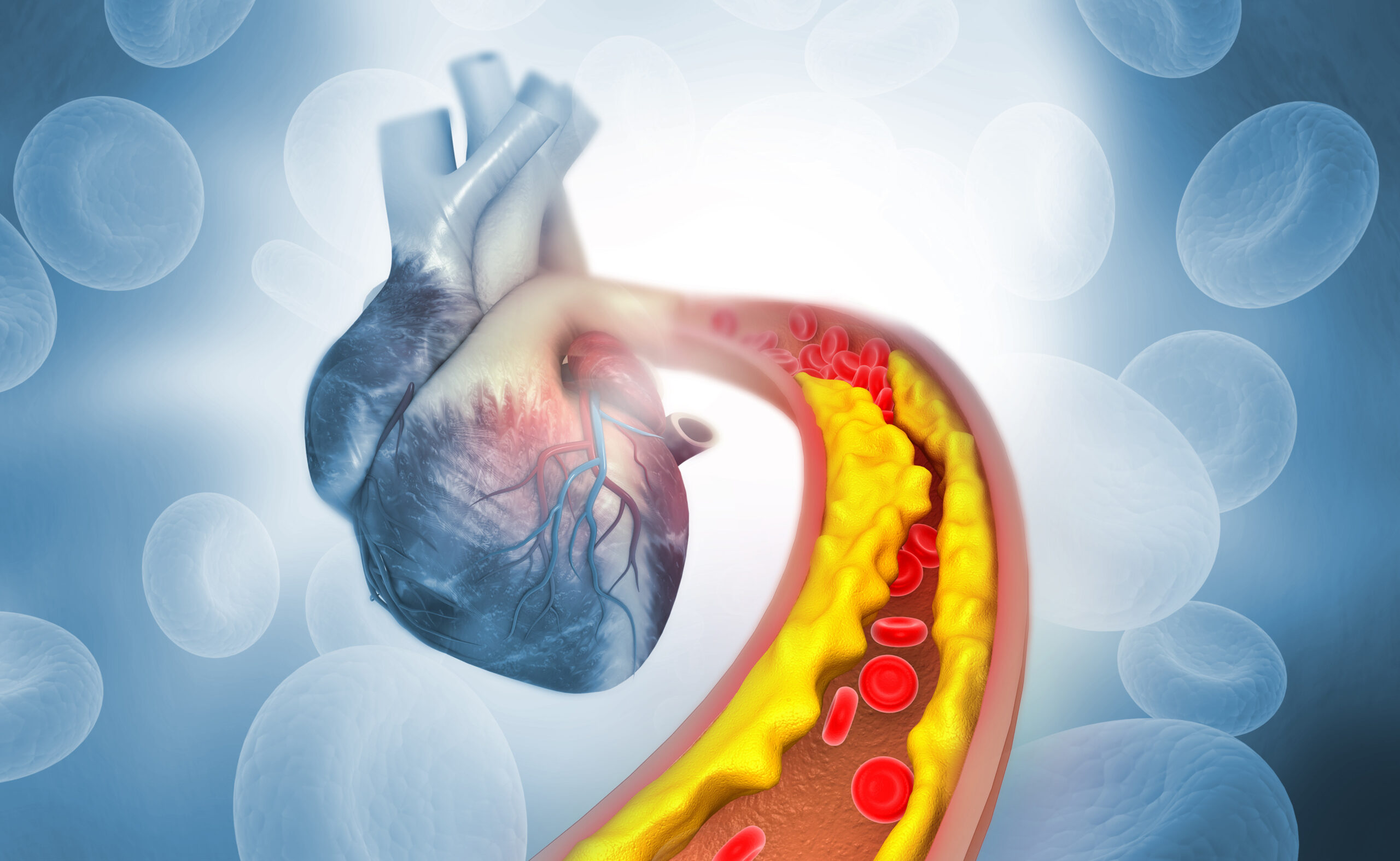As people age, the dangers of cholesterol causing plaque buildup and eventual heart problems continue to be emphasized by health professionals. Atherosclerosis, defined as the buildup of plaque in the arteries and blood vessels, can lead to further heart complications and increase the risk of both heart attacks and strokes. A new research study has investigated a new mechanism that works to prevent plaque formation, minimizing the dangers of long-term buildup.
Cells use numerous housekeeping mechanisms to degrade nonfunctioning proteins in order to maintain their proper functions. In the process of chaperone-mediated autophagy (CMA), proteins are targeted and moved to the lysosome for degradation. CMA has also been linked to maintaining and influencing various cell processes, including DNA repair and metabolism of glucose and lipids. The researchers involved in this study wanted to investigate the role of CMA in atherosclerosis development in mice. Experimental mice were fed a high-fat Western diet, while a control group was fed a normal diet. Both groups were monitored over a twenty-week time period to track plaque development in the arteries.
Atherosclerosis restricts the flow of blood through arteries and vessels, which further increases the risk of heart disease complications. Activating chaperone-mediated autophagy can help slow the development of plaque.
Image Source: jack0m
The researchers found that there was an initial spike in CMA activity in the Western diet group at the start of the diet; however, this effect was not long-lasting. By the end of the diet, virtually all CMA activity came to a halt, showcasing that a high-fat diet can overwhelm the system. To further investigate the influence of CMA, the researchers knocked out the proteins involved and then repeated the diet experiments. They reported that plaque formation was up to 40% higher in the CMA knock-out compared to the control mice. Upregulation of CMA successfully neutralized the effects of a high-fat diet as the mice were found to have much lower blood lipid levels and fewer plaque lesions in the arteries.
This study is groundbreaking in the fact that it shows not only the influence that CMA plays in atherosclerosis development, but also reveals that CMA can be a potential source of prevention and treatment. Creating drug therapies that can target and activate CMA activity can become a powerful tool to help limit the growth of plaque development, thereby lowering the risk of heart disease progression.
Featured Image Source: Rasi










